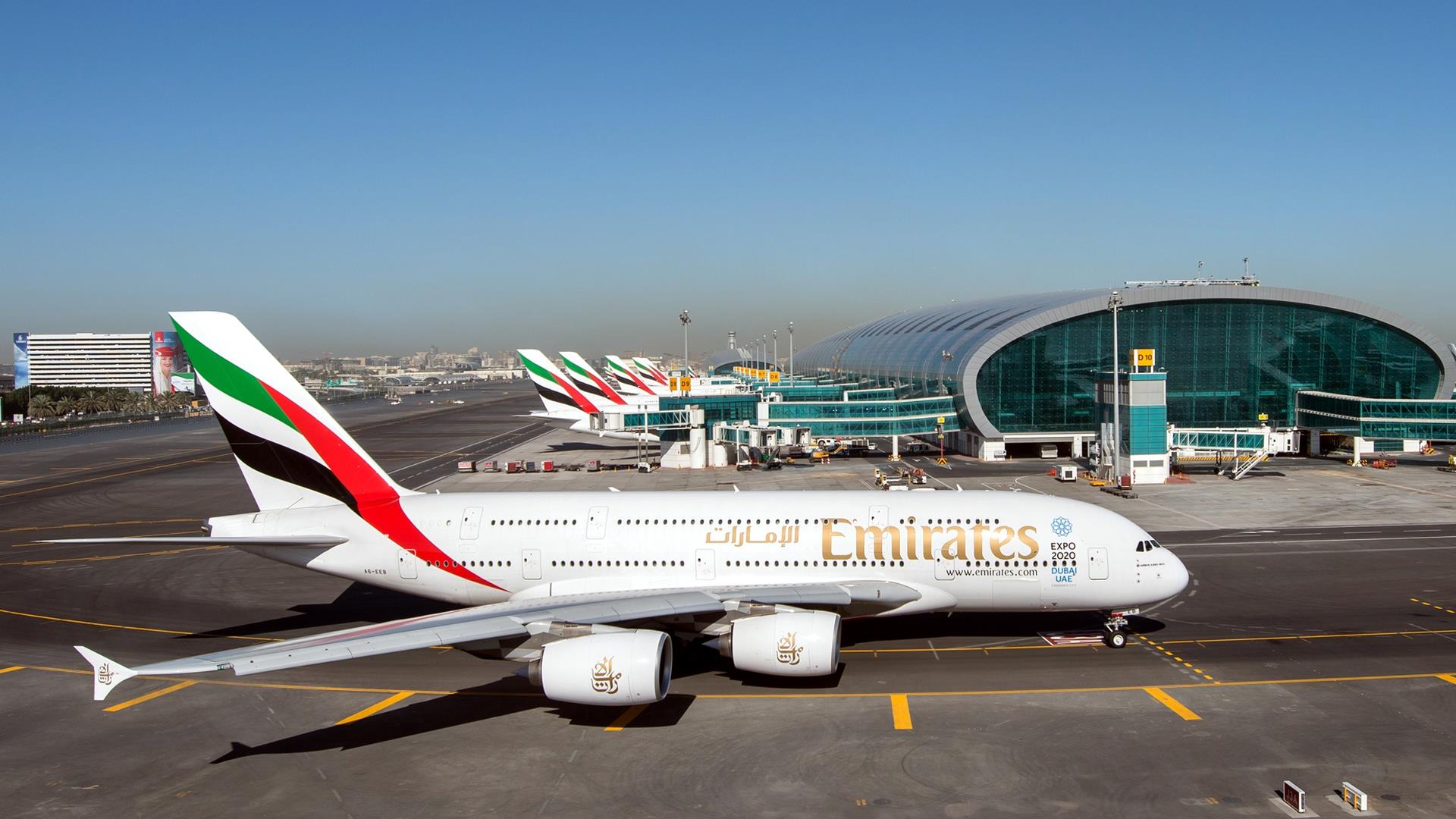

Dubai flag carrier Emirates’ decision on 22 March to suspend passenger flights sent shockwaves through a local community already blindsided by the socioeconomic impact of the Covid-19 pandemic.
Emirates initially planned to suspend all passenger flights by 25 March in response to Covid-19. The airline later announced that "most" flights would be temporarily discontinued, but some would remain operational after the airline received “requests from governments and customers to support the repatriation of travellers”.
Cargo flights will not be impacted, but some operations at the group’s air services provider Dnata have been “significantly reduced”, including being temporarily closed, in response to reduced customer demand.
Reductions of 25-50 per cent are expected in basic salaries, but allowances will continue to be paid and junior employees will be exempted from basic salary cuts. The presidents of Emirates and Dnata, Tim Clark and Gary Chapman, will take a 100 per cent basic salary cut for three months.
Emirates Group will also postpone, cancel or freeze discretionary expenditure and non-essential recruitment as the outlook for travel demand remains weak in the short to mid term.
While salary cuts cannot be taken lightly, it is important to consider that the alternative could have been much worse for Emirates’ workforce, which totalled 105,286 at the end of its 2018-19 financial year.
After all, as Sheikh Ahmed bin Saeed al-Maktoum, chairman and CEO of Emirates Group succinctly put it in a statement on 22 March, the world has “literally gone into a quarantine” due to the Covid-19 pandemic.
However, the most significant part of Emirates’ announcement is Sheikh Ahmed’s reassurance about the airline’s financial health.
While he admitted that it is not viable for a commercial entity such as Emirates to operate until travel bans are lifted, the CEO also said that the airline has “substantial cash liquidity” and can “survive through a prolonged period of reduced flight schedules”.
It is understandable that a corporation as expansive as Emirates Group is choosing to preserve its cash on hand instead of delaying tough decisions as the world contends with a pandemic for which it has no handbook.
It is also not a surprising call coming from an airline that in 34 years has never made a loss, and has instead provided a dividend to its state-backed shareholder over the years.
Airlines in the Middle East have already lost $7.2bn in revenue since 11 March, the International Air Transport Association said last week.
As Emirates’ announcement shows, even the Middle East’s largest airline is not immune to how deeply the new coronavirus has impacted global business.
However, as global uncertainty peaks to new highs, the tactical decisions being made at Emirates – which recorded its 31st consecutive profit in 2019 – might have once again created a blueprint to survival for local businesses to follow.
You might also like...

Rainmaking in the world economy
19 April 2024

Oman receives Madha industrial city tender prices
19 April 2024

Neom seeks to raise funds in $1.3bn sukuk sale
19 April 2024

Saudi firm advances Neutral Zone real estate plans
19 April 2024
A MEED Subscription...
Subscribe or upgrade your current MEED.com package to support your strategic planning with the MENA region’s best source of business information. Proceed to our online shop below to find out more about the features in each package.







